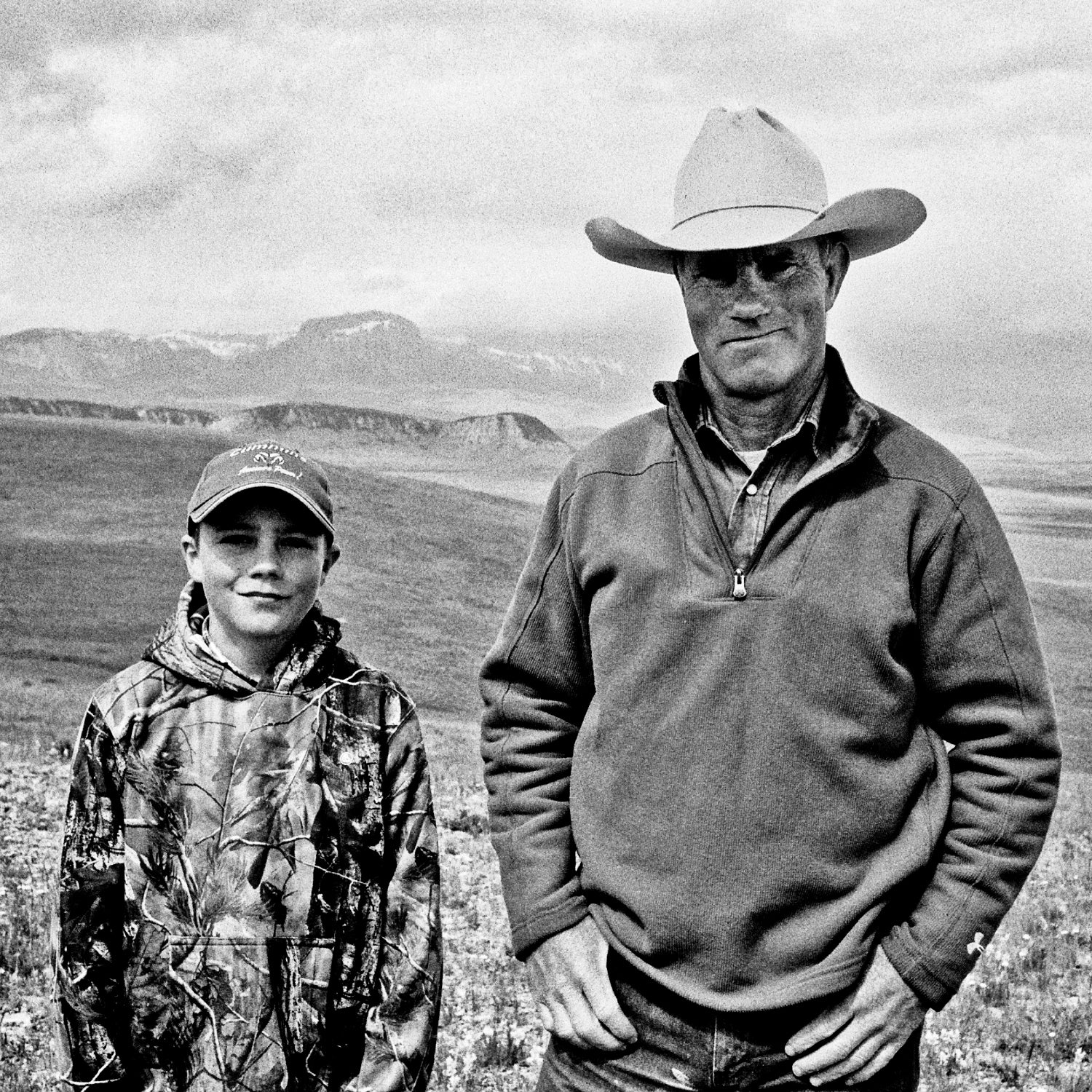The summer’s hottest documentaries take on conservation, climate change, and doping.
Icarus
°Âľ±łŮłóĚý, writer and amateur cyclist ÂBryan Fogel set out to make a Âlighthearted docuÂmentary about experimenting with performance-enhancing drugs. But when he contacts , the chief of Russia’s anti-doping program, Fogel becomes wrapped up in an international scandal. In a Bond-thriller twist, Rodchenkov admits to providing to hundreds of Russia’s athletes, on orders that allegedly come all the way from the Kremlin.—Matt Skenazy
An Inconvenient Sequel: Truth To Power
So much has shifted since 2006, the year former vice president Al Gore’s Oscar-winning climate-change documentary debuted. The year 2014, for example, became the . Then . And . Then, in June, President Trump . Premiering July 28, Gore’s newest documentary, , brings us up to date on what’s improved and what’s gotten worse (spoiler: everything).
Like the first entry, Sequel follows Gore through his daily life—working on his laptop, reflecting on his career, and delivering his data-heavy lecture and climate slide show to large audiences. But the film improves on that formula in almost every way. Directed this time by Bonni Cohen and Jon Shenk,Sequel feels more cinematic, pairing helicopter shots of melting glaciers with the unnerving sound of water plop-plop-plopping into a rising ocean. The scope is also more international, including terrifying cell-phone footage of the 2013 floods in the Philippines and Gore’s behind-the-scenes work at the same Paris accord that Trump would later abandon.
Both of Gore’s movies come to the same conclusion: we need to change now. In the first installment, that was enough. But Sequel leaves you wondering how to alter our behavior, and why more of us haven’t. Part of the problem is that, for many voters and politicians on the right, opposing environmental initiatives has become a core principle. Since 2006, the number of conservative Republicans who believe global warming is a serious problem has declined. And therein lies Sequel’s biggest fault: it overlooks the shift to uglier politics, preferring to focus on renewable energy and a message of hope.
Gore is right that the climate is a moral and ethical issue. But in the end, saving the planet is less about motivating individual viewers with jarring graphs and glacier shots than about securing political and legislative victories. And that makes dealing with it much, much harder. —Craig Fehrman
Rancher, Farmer, Fisherman
On August 31, amid the season premieres of Manhunt: Unabomber and Fast N’ Loud, Discovery is airing a thoughtful portrait of conservation efforts in the AmerÂican heartland. , based on , was unveiled at Sundance in January and recounts the fight to protect wild spaces at the foot of Montana’s Rocky Mountain Front, the soil under industrial-scale farms in Kansas, and the waters of the Gulf of Mexico’s fisheries. The protagonists in these struggles aren’t lefty environmentalists, but rather a rancher, a farmer, and a fisherman—all unpretentious and tough skinned, and carrying on the work of their fathers and grandfathers. The documentary, directed by veteran filmmakers and , verges on wonky, but the people in it, backed by Tom Brokaw’s steady narration, compellingly demonstrate how individual efforts to protect our land and water make a difference. —Luke Whelan




